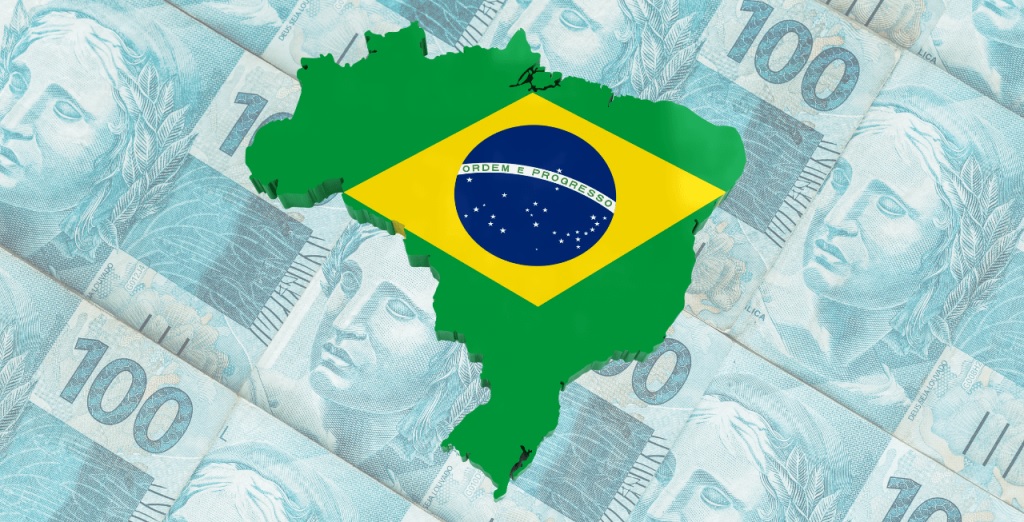RIO DE JANEIRO, BRAZIL – Projections made in the World Economic League Table 2022 study by the Center for Economics and Business Research (CEBR) bring good news to Brazil.
After leaving the ranking of the ten largest economies in the world by GDP in 2021, Brazil will occupy the eighth position in 2031, with a GDP of US$3.1 trillion – practically double today’s level.
The year 2031 will be the formal turning point in the economic axis of the countries when China (with a projected GDP of US$37.6 trillion) will finally pass over the United States (US$35.4 trillion).
With India (3rd, US$6.8 trillion) and Japan (4th, US$6.4 trillion) occupying four of the top five places, without an ‘Asian’ strategy, Brazil might be even more out of place as a global player. It will be big but not relevant.

THREE KNOTS TO BE UNDONE
THE FIRST KNOT: DIPLOMACY
Brazil’s diplomacy has turned to dust under the current government. Brazil lost relevance with Germany and France, and the agreement between the European Union and Mercosur was shelved.
Brazil fights with its South American neighbors. With the Arab world, Brazil created an unnecessary distancing from attitudes such as promising – and not fulfilling – to put the Embassy in Israel in the city of Jerusalem.
With the Chinese, Brazil was equally inept. With the US, too, by betting that Donald Trump would stay longer than he did. In short, Brazil has quarreled with everyone except Russia, which has quarreled with the whole world.
Being a pariah, Brazil still exports so much because of the shortages of everything, from microchips to commodities. And because some Brazilian companies are state-of-the-art.
THE SECOND KNOT: EDUCATION
The second knot is technological: education and training for competitive advantage and productivity.
According to the study, “in the world’s advanced economies, the number of engineers and technologists needed ten years from now will be double the number employed today”.
In The Global Economic Shift, made by Visual Capitalist from CEBR data, “over the past 60 years, India’s service industry has grown to about 55% of the Asian country’s GDP, with the telecommunications, software, and IT segments generating most of the revenue.”
The IT sector alone accounts for 10% of GDP. A large workforce that knows the subject and speaks English. Brazil has known about this bottleneck for a long time and is not fighting it.
In fact, in education, Brazil has more detour of public money than medium-term strategic actions.
THE THIRD KNOT: INEQUALITY
According to the Gini index, out of 200 countries, Brazil is the ninth most unequal country globally.
Brazil runs the substantial risk of being the eighth largest economy in GDP and, simultaneously, the ninth most unequal in the world. A classic paradox that has been known well for more than 500 years.
Data-intensive tools are necessary and available resources for adopting public (and private) policies to reverse this situation.
With information from IstoÉ

